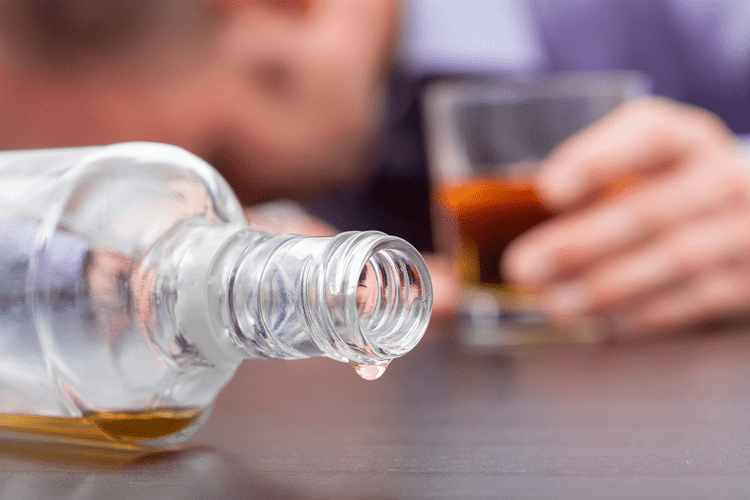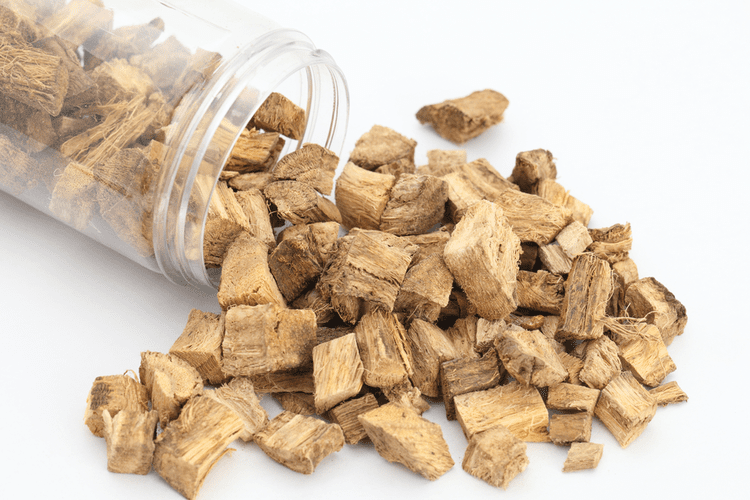How Do I Regain My Loved Ones’ Trust After Rehab?
Leave a CommentContent
Whenever possible, and when doing so will not cause others harm, we should make a full amends. You’ll have to recognize the things you have done and recognize when you may be minimizing or forgetting certain events. Being able to admit wrongdoing takes strong character, and though you may feel like you are ready, it can help to call on the assistance of a sponsor or professional addiction counselor. These individuals will know the process inside and out because they have worked and studied it themselves.

In step 9 of the 12-step program, you may be feeling good. You have now reached the point where you have to repair relationships. As an addict, it is very likely you did some awful things. Addiction likely caused you to behave terribly and everyone in your path may have taken a hit. Step 9 is all about letting go of the terrible feelings you have when you look back to your past. Once you begin to repair relationships, you’ll feel much lighter.
Insurance Can Cover Up To Of Treatment *
By making direct amends to the person harmed the temptation to skirt the issue because of embarrassment or pain is avoided. Making amends for the things you’ve done as an addict is a huge step toward a full recovery.

Our case management and aftercare services will make all necessary referrals for sober housing and Addiction treatment when completing our program. It’s important to be very clear in your apology to someone.
Meet Our Team Of Addiction Experts
In this case, thank them for the opportunity of letting you take responsibility for your mistake. Then, tell them you cannot fulfill it but are still remorseful regarding your actions. Make direct eye contact and nod your head as they explain their feelings to you. It is crucial not to make amends if you don’t genuinely see where you went wrong. If you’re just apologizing for the sake of doing so, then that isn’t truly making amends. Don’t keep apologizing repeatedly for your past mistakes. It’s possible that you made apologies over and over when you were using, so your loved ones have heard that before.

„Dear Steve and Pete, I enjoy my time here at Discovery Institute. I really believe that the structure program is working for me.” They need to know that they can count on you and trust you again.
Helping Navigate The Challenges Ofaddiction Recovery
Each step signifies a new challenge to reflect and/or act in a way that changes old mindsets and behaviors that once fed addiction. Through mutual support groups like Alcoholics Anonymous, members learn and practice these spiritual steps and principles, with a view to staying sober and helping others do the same. So many people with addictions see themselves as addicts and they are unable to separate themselves from the disease.
- 12-Step programs are a common part of addiction recovery.
- Later in sobriety, you completed a searching and fearless morale inventory in Step 4 and admitted the exact nature of your wrongs in Step 5.
- Where other twelve-step groups have adapted the AA steps as guiding principles, step one generally updated to reflect the focus of recovery.
- We use the ancient practice of mindfulness with the 12 Steps to help you find deep healing and recovery.
If you or a loved one left behind a trail of strained relationships due to substance abuse related issues, here is a guide to help you through the process. However, even if you feel extremely motivated to make direct amends, it is advisable to take your time with this step. Make sure that you are comfortable with your progress during recovery and that both you and the other person are ready to engage in the process. Each person’s experience of addiction and recovery is unique.
Who Do I Need To Make Amends With?
The Ninth Step in the Twelve & Twelve is another great place to read about the amends process. Deferred Amends – These are amends that are either not possible yet due to circumstance, or are amends that the timing is not deemed appropriate by our sponsor. We defer these amends only as long as absolutely necessary.

Indirect amends are necessary when you can’t meet with a person face-to-face. For example, someone you’ve hurt in the past may not be willing to see you. In that case, indirect amends can be made by actively working to modify your behavior, writing them a letter and never sending it, or volunteering for a worthwhile cause. One characteristic of drug and alcohol addiction is that it causes you to pull away from people you care about. As a result, you might do or say things you later regret. Once you are working on your sobriety, you will need to apologize for your behavior, and the 12 steps of AA refer to this as making amends.
You are now aware that they cost you and others misery. If you were self-centered before, you are now aware of people around you. The beauty of this process for newcomers and those unsure of where to go next is that their recovery from alcoholism is outlined in twelve in-depth action steps.
Ways To Forgive Yourself In Recovery
Some friends and family members may be hesitant to forgive you and move forward with the relationship, despite your sincerity. Be patient and give them time to process, understanding that every person heals in their own way and at their own pace. Once you make amends with someone, they may or may not want to forgive you. They may also need some time to process their thoughts and emotions after you approach them. However your friends or loved ones choose to respond, you will need to be okay with accepting that response, whether they’re willing to forgive or not. Whether you stole money, damaged a vehicle, or hurt someone emotionally with harsh words, be very specific about the behaviors you’re addressing when you make amends.
You may also find that you feel ashamed as you admit your wrongdoing, and that is completely normal. But you are not your disease, and the things you have done may not have caused lasting damage; especially if you make amends. There may also be people that you cannot make direct amends to because they are out of reach. Making amends is about righting wrongs, and they should not cause more harm to the individuals. Therefore if you cannot make direct amends, you can make amends in indirect ways. This can include helping others in recovery, donating money to charity, volunteering, or other selfless acts. One of the steps many recovering addicts take later in their addiction treatment is making amends with those who they have hurt.
Create A Carefully Worded Apology
This part is perhaps the most daunting, but it is also the most important. Let the other person explain how they feel, how they were affected, and what they need to move forward. Avoid initiating a conversation if the other person is distracted or upset by something unrelated. If possible, schedule a time to speak with them in advance to prepare for the conversation. It is a clear and purposeful act designed to clear up a problem from the past. John C. Umhau, MD, MPH, CPE is board-certified in addiction medicine and preventative medicine.
How a Psychedelic 12-Step Program Is Saving Lives – Rolling Stone
How a Psychedelic 12-Step Program Is Saving Lives.
Posted: Mon, 10 May 2021 07:00:00 GMT [source]
Anyone who is participating in the 12-Step program should feel free to take their time to work through each of the steps. You are on your own timeline and schedule, and you should making living amends during addiction recovery move at a pace that feels right for you. Your sponsor and others in your 12-Step program should be able to give you insight about whether you are ready to make amends.
Now that you know how to regain trust after rehab, it’s time to enroll in a treatment program. It’s important to make amends with family and friends and have them feel you are trustworthy again. However, your loved ones may have been betrayed or hurt by things that happened during your addiction and need time to heal. In some cases, family members may have had to lie about their loved one’s behavior.
How To Make Amends
You want to show the person how seriously you’re taking the apology. So, speaking with your friend or family member face-to-face is important. The practice of being honest with yourself regarding your behavior is crucial. Recognizing how your behavior has harmed others is the first step. Once you become more self-aware, you can take steps to apologize and repair what may have become broken. When you were in the throes of addiction, it was all about you and your needs. Now that you’re committed to a sober life, make it all about others as well.
